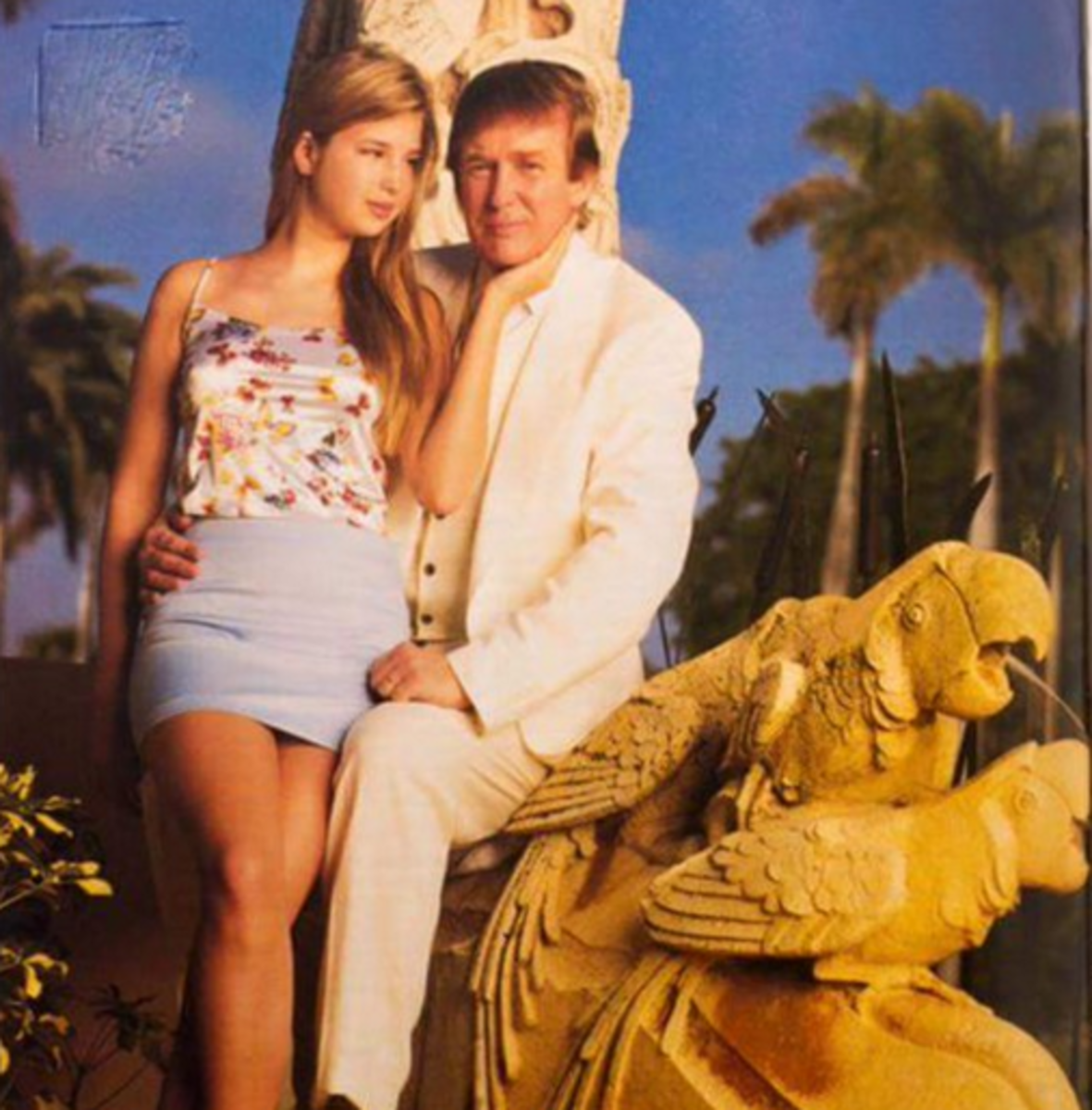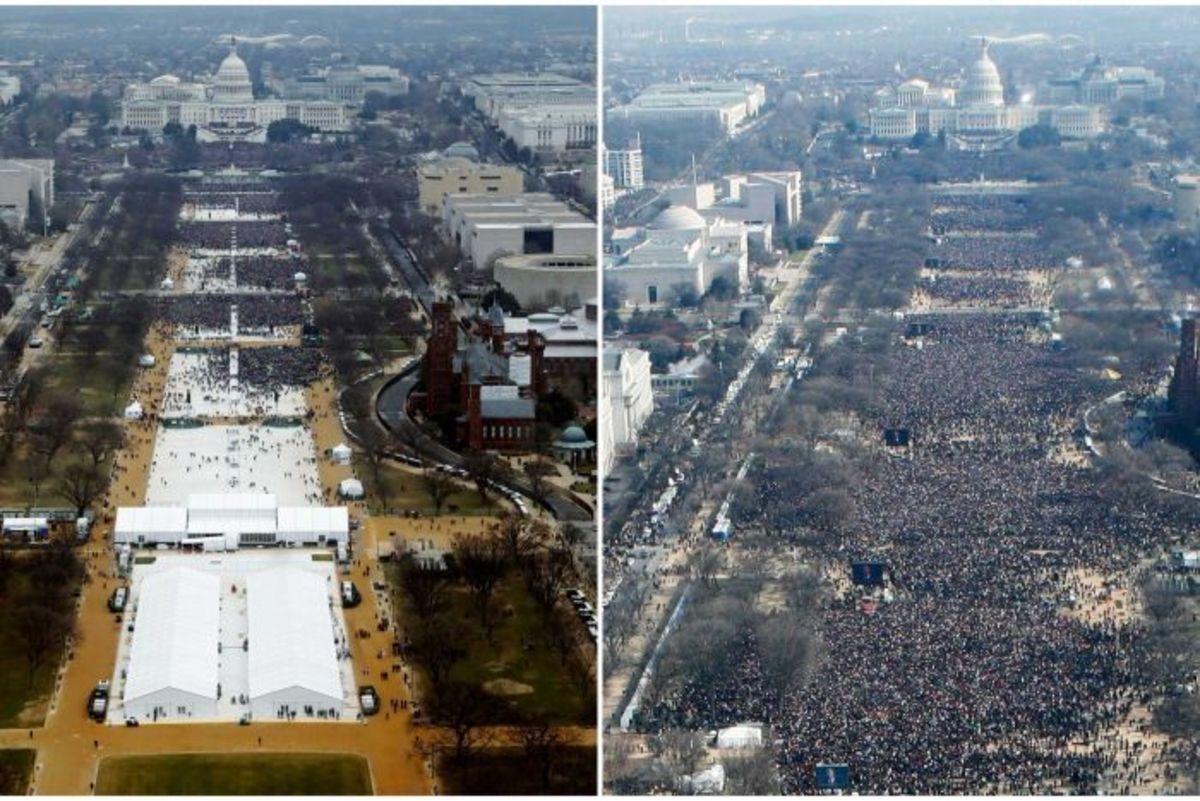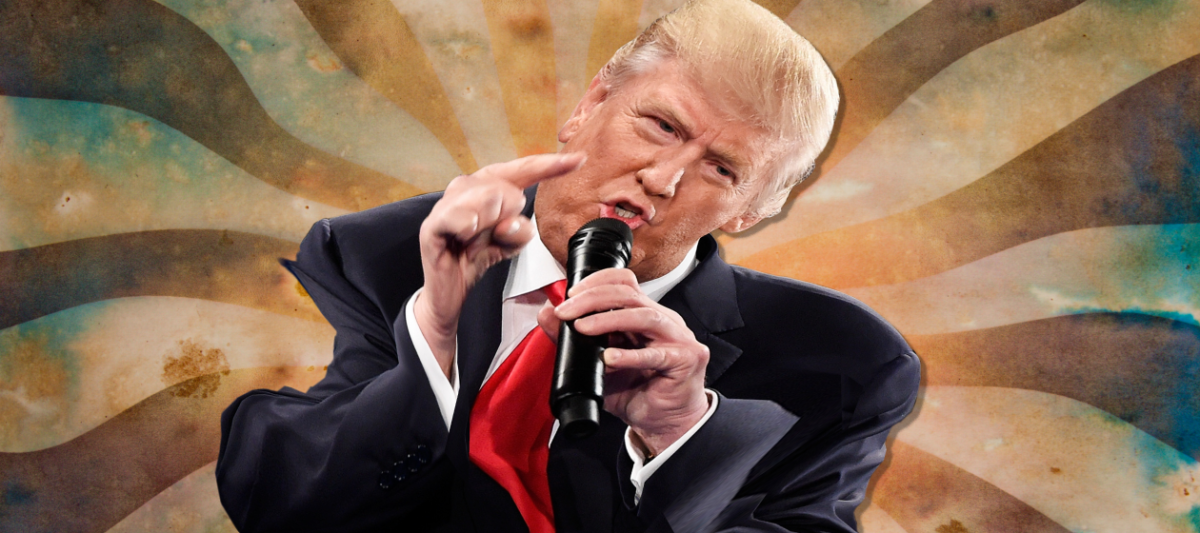We Cannot All Be Donald Trump
We Cannot All Be Donald Trump

The United States has a fascination with the ultra-rich members of its society that are worth hundreds of millions to billions of dollars. While many of those who are ultra-rich in the United States quietly enjoy their wealth outside of the media spotlight and are little known by the general population, a few flamboyant millionaires and billionaires relish the limelight and make their great wealth well known far and wide. The best example of this public chest-pounding by the ultra-rich is real estate developer Donald Trump, who even created a television show called “The Apprentice” to boast about his wealth. Despite the fascination with Donald Trump and his wealth, the reality is that we cannot all be Donald Trump.
We Cannot All Be Donald Trump: An Economic and Political System Based On Unrealistic Notions
While it is fun for Americans to explore the lifestyles of the ultra-rich like Donald Trump and dream that someday they too can live such a lavish lifestyle, the reality is that for most Americans their dreams of getting rich will remain just dreams and they cannot live Donald Trump's lifestyle. The world literally cannot support a population full of ultra-rich Millionaires and Billionaires like Donald Trump. There just are not enough resources to support such lavish lifestyles for everyone. Besides, what would wealth be worth if everyone had it? The American economic system is designed to have economic winners like Donald Trump and the rest of the population. Whether by birth or by hard work, some are just bound to have tremendous wealth in a capitalist economic system, while the majority of the population will live somewhere else on the economic ladder, many struggling on the lower rungs.
It is certainly not a good idea to discourage people from dreaming big and doing whatever they can legally do to improve their economic situation. Donald Trump himself said eloquently on his show “The Apprentice” that if you do not set your goals high, you will never achieve anything. He routinely fires people on “The Apprentice” who volunteer to be fired or take the blame for another competitor’s failures. Donald Trump is right, those who do not set high goals or who are willing to sacrifice themselves will not be big achievers in life. However, the reality is that despite people’s best efforts at achieving economic success in life, most Americans will never get to a comfortable economic position, certainly not a position as comfortable as the ultra-rich that they are so fascinated with. Even in good economic times, over one-half (50%) of all business ventures started in America by entrepreneurs go bankrupt within five years, and tens of millions of Americans cannot find work that allows them to get ahead financially. Most Americans live their lives on a treadmill, just trying to keep up financially; some even living paycheck to paycheck with little or no savings.
Despite this stark economic reality, the American economic and political system is built on the notion that America government and society should do all they can do to accommodate the ultra-rich, be it via lavish tax credits for sports stadiums or comparatively low income tax rates for high end earners. Since the majority of American voters are not ultra-rich, this philosophy of making American government work for the ultra-rich instead of the common person has apparently been internalized by a majority of those down the economic ladder. By holding onto the unrealistic dream that they too will someday be as rich as Donald Trump, many Americans are ignoring reality and supporting an economic and political system that does not serve their best interests.
Different Views of the Ultra-Rich in America and Europe
Americans and Europeans have different views of the ultra-rich and their role in their respective societies, which leads to differences in the way their respective governments are structured to serve their populations. There are historical reasons why Americans and Europeans view the ultra-rich and their role in their respective societies differently.
America was founded and developed by people, many of them from Europe, who came to the new world to escape repressive governments and better their economic situation. Many did find prosperity and wealth in the new world. Events like the 1848-1855 California gold rush reinforced the idea that if you worked hard you could become wealthy in America. This mentality of hard work and individual wealth still permeates American society in the 21st Century, even as many of the early avenues to wealth creation have long since been saturated by others taking advantage of them or have dried up due to reduced natural resources or changes technological and economic conditions. This fixation on making it rich in America leads to a fascination with the ultra-rich in American society and an attitude amongst many in the population that the government should serve the interests of ultra-rich, since many still hold out hope that they too will one day be ultra-rich.
While the ultra-rich still get their way in Europe in many sweetheart deals with their respective governments, they are generally taxed at a much higher rate in Europe than in America, and the proceeds are used to take care of the people down the economic ladder with cradle to grave healthcare benefits and other generous public benefits. This is largely due to the fact that unlike Americans, Europeans live with the reality that most of them will never be ultra-rich like Donald Trump or the Millionaires and Billionaires that live amongst them. Europeans also do not share the same fascination with the ultra-rich that Americans have. Many centuries of class systems in European societies, going back to the Middle Ages, in which the same groups of ultra-rich have ruled countries have left the ordinary Europeans disconnected with the ultra-rich. This disconnection is not necessarily in an adversarial way, but in a manner which limits their feeling of connection with the ultra-rich and their ability to dream of living the ultra-rich lifestyle. With this reality in mind, Europeans expect their governments to serve them, which means the rich have to pay more of the burden for financing social welfare programs that benefit people of all economic backgrounds.
Keeping Wealth In Perspective | Donald Trump and The Masses
Another famous and very public American Billionaire, Warren Buffet, addressed the issue of wealth and American society during the depths of the 2008 financial crisis. Mr. Buffet astutely noted that wealth is quite a relative thing. An example he gave was that despite John Rockefeller’s tremendous wealth in the 19th century, even Rockefeller could not enjoy many of the comforts that ordinary Americans in the 21st century take for granted, such as central heating in a home. There are many quality of life improvements today which are affordable to most Americans that were unavailable to everyone, including the ultra-rich, of past eras. All the money in the world could not buy anyone a phone call 150 years ago, yet now people can communicate via email for free from public libraries or by phone using modestly priced flat rate plans that are within the reach of most Americans.
American sociologists have found that people typically think that the quality of life is getting worse during their lifetime, when in reality by many measures quality of life improves over time. This distorted view of reality shared by many Americans is not so different from their distorted view that someday they too can be ultra-rich like Donald Trump. The reality is we cannot all be like Donald Trump, so perhaps it is time to stop holding onto that false belief, make the best of the cards we are dealt in life, and be thankful for all that we have.
The Official Donald Trump Poll
What Is Your Opinion of Donald Trump?
The World According to Donald Trump
This content is accurate and true to the best of the author’s knowledge and is not meant to substitute for formal and individualized advice from a qualified professional.
© 2011 John Coviello









